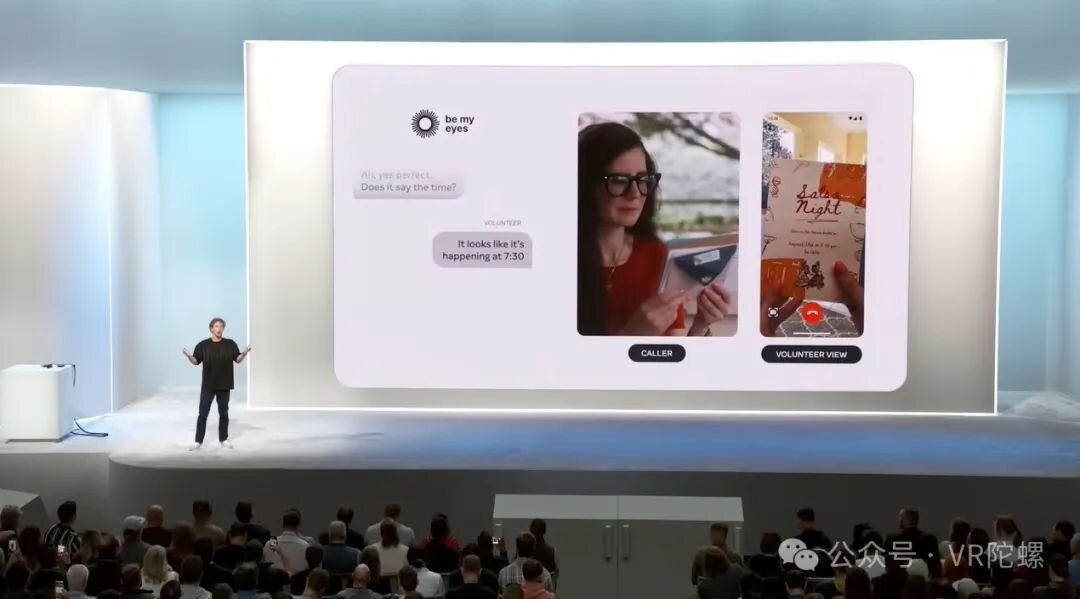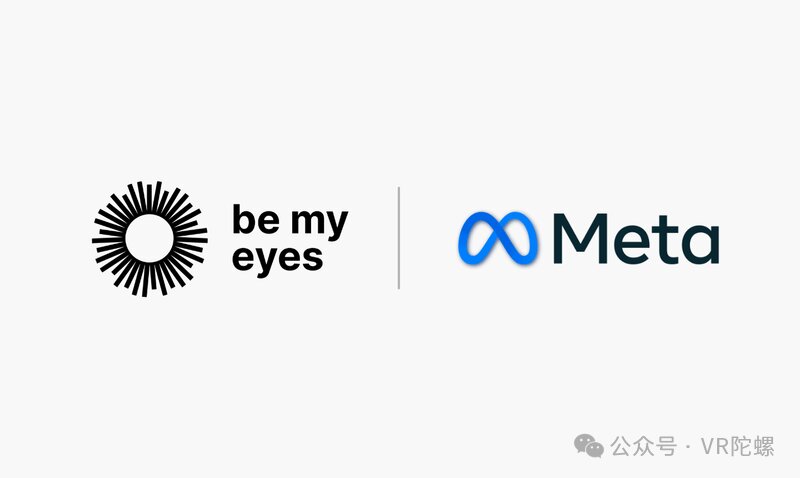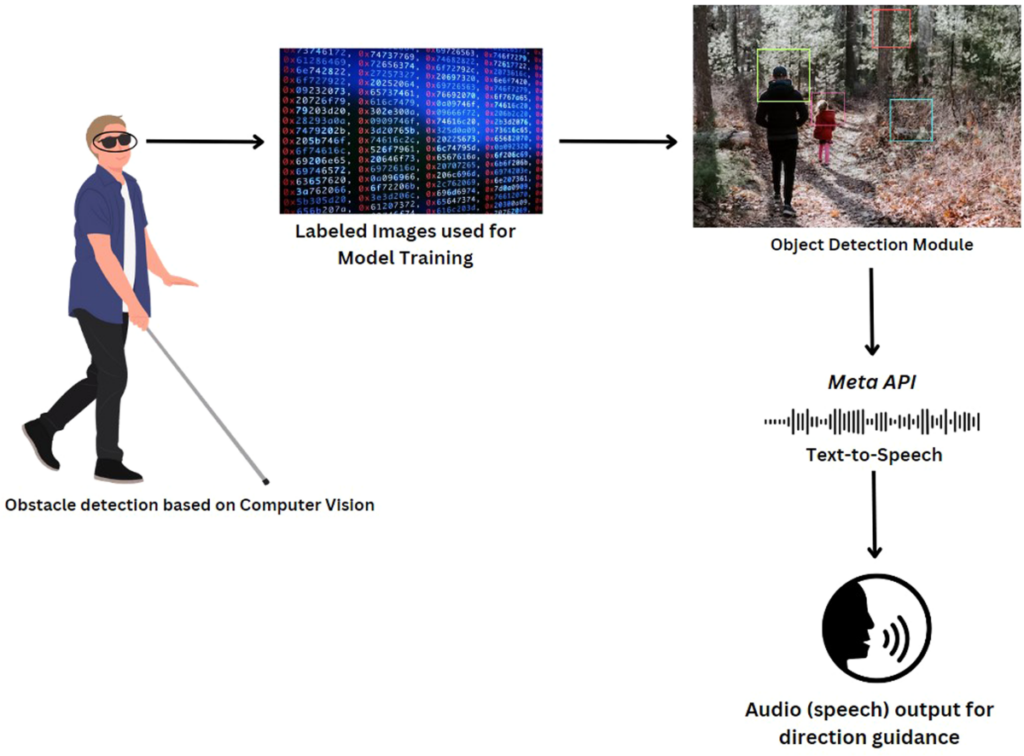Wearable technology is emerging as a crucial tool for enhancing individual autonomy, tightly linked to the development of more accessible environments. In a groundbreaking move, Be My Eyes and Meta have announced a collaboration aimed at empowering the visually impaired community, potentially opening doors to greater independence and increased employment opportunities.
At the recent Meta Connect conference, Mark Zuckerberg unveiled a noteworthy partnership between Ray-Ban Meta smart glasses and the app Be My Eyes. This collaboration introduces a novel feature enabling users to activate the “Call a Volunteer” function simply with voice commands. By saying, “Hey, Meta, call a volunteer on Be My Eyes,” users can connect with a volunteer in their language through one-way video and two-way audio calls.
Thanks to Meta’s seamless integration of software and hardware, volunteers can view what users see through the smart glasses camera. They can provide real-time descriptions through open speakers, enabling visually impaired users to manage daily tasks independently—ranging from locating items, sorting goods, to identifying food expiration dates—without relying on friends or family. This hands-free functionality frees up users’ hands for other tasks.

Set to launch soon, the Be My Eyes feature will initially roll out in the United States, Canada, the United Kingdom, Ireland, and Australia. Users will have free access to the service at any time of the day, and the feature offers the flexibility to switch effortlessly between smart glasses and smartphones.
Be My Eyes, a Danish non-profit app launched in January 2015, leverages real-time video calls and AI to assist blind or low-vision users. The app boasts over 700,000 visually impaired users globally, supported by more than 7.7 million sighted volunteers, ensuring plentiful assistance whenever a user places a call.
According to Be My Eyes CEO Mike Buckley, the partnership with Meta fulfills a longstanding request from the community for hands-free service access. “With Ray-Ban Meta smart glasses, we’ve opened new doors to an accessible world, and this is just the beginning,” he remarked.
Meta’s Chief Diversity Officer, Maxine Williams, emphasized the company’s commitment to inclusivity and innovation, stating, “We are dedicated to building technology that reflects the diversity of our nearly 4 billion global users. Our collaboration with Be My Eyes marks a significant step toward a more inclusive world for the visually impaired, enhancing accessibility in our products.”

Previously, Be My Eyes has collaborated with tech giants like Google and Microsoft. In 2023, it ventured into generative AI with its “Be My AI” initiative, teaming up with OpenAI and ChatGPT to introduce AI-driven virtual volunteer support.
Co-founder Hans Jørgen Wiberg, who is visually impaired himself, has sparked a movement where millions voluntarily share their sight to help those in need. The app has earned accolades such as the Google Play Best Accessibility Experience Award and Apple’s Design Award for Social Impact.
Given the challenges visually impaired individuals face, from kitchen tasks to mounting paintings, the Be My Eyes community’s core demand is for devices that can awaken apps hands-free, rather than relying solely on smartphones.

In an interview with YouTube channel “Double Tap,” Buckley discussed the journey of partnering with Meta, noting the initial reluctance and eventual realization of the large, eager community seeking better smart glasses experiences.
As the partnership progresses, unresolved challenges remain, such as limited camera angles and the optical character recognition (OCR) range constraints, alongside the complexities for visually impaired users learning new technology.
The collaboration is an auspicious beginning, with Be My Eyes currently in beta testing on smart glasses. Feedback is actively being collected from hundreds of visually impaired users, Meta engineers, and visually impaired staff within the company. The anticipated rollout is aimed for the end of the year.
Compared to the Vision Pro headset, which, despite its comprehensive features, faced criticism for its weight and price, the cost-effective, lightweight, and user-friendly Meta smart glasses offer a distinct advantage. Targeting the visually impaired market enables Meta to gain detailed, impactful product feedback.
With visual content identification, parking spot recording, messaging, and real-time translation capabilities, Ray-Ban Meta smart glasses paired with Be My Eyes bring vision-led interactions to the forefront of visually impaired individuals’ everyday lives.


